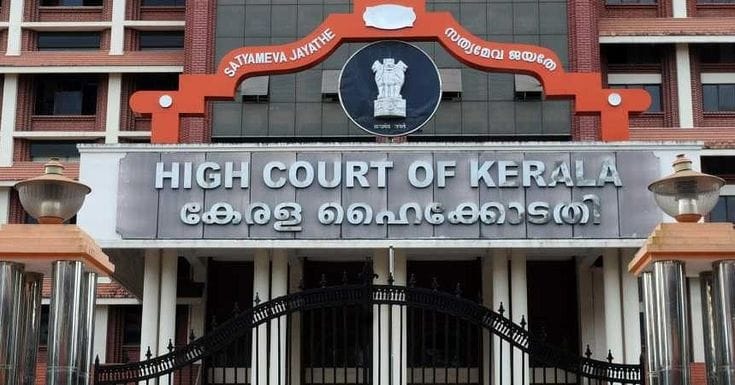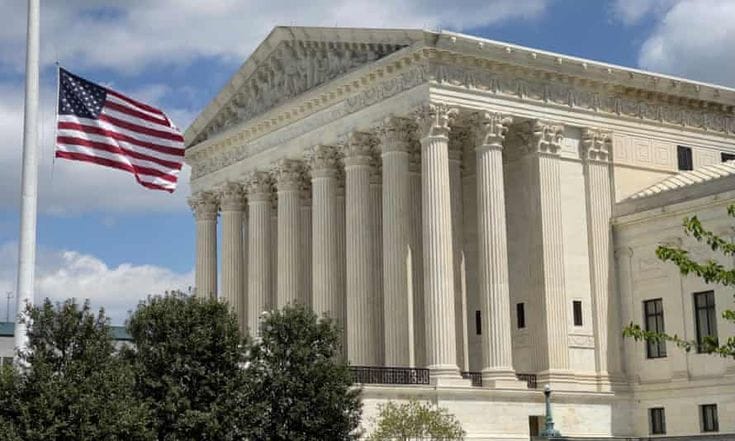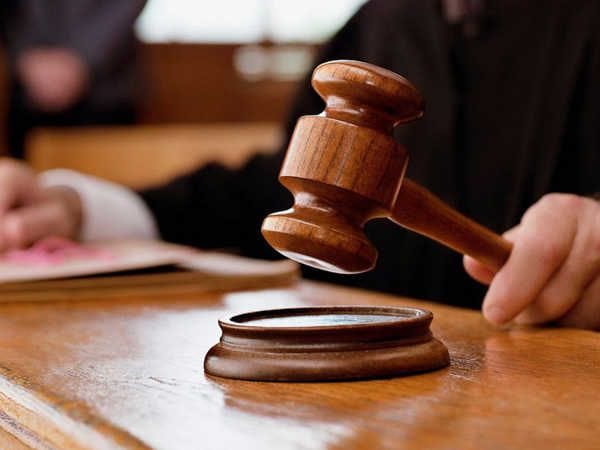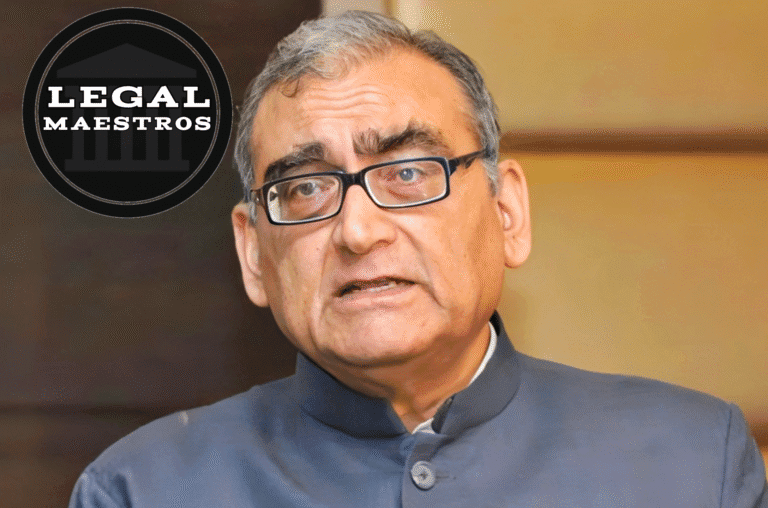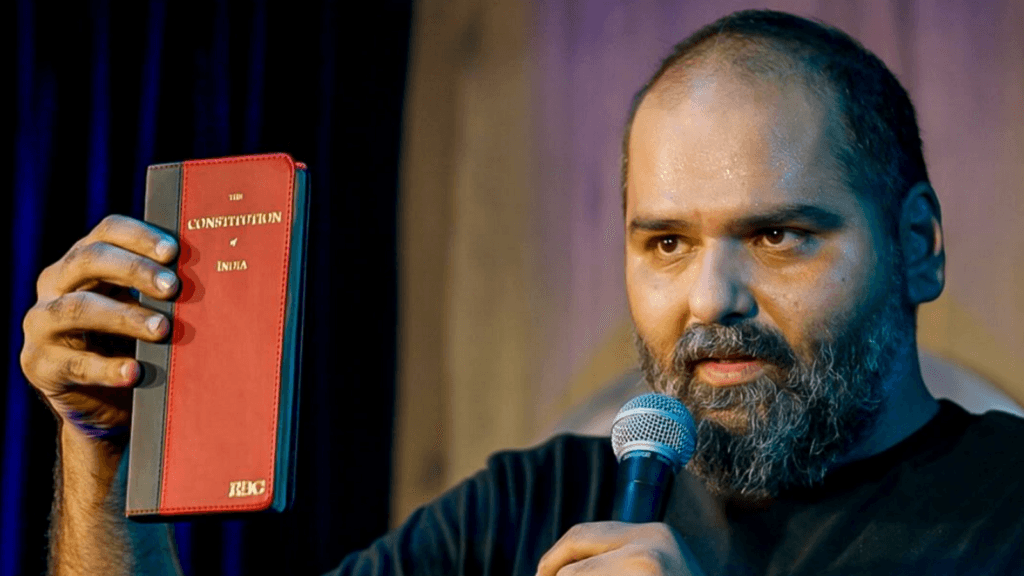
Is the Kunal Kamra Case a Fit Case for Criminal Defamation Under Indian Law
Introduction
Kunal Kamra, one of the leading comedians with his biting sarcasm and unapologetic political observations, has landed in the middle of a legal controversy that raises basic issues about the reach of free speech and the limits of criminal defamation under Indian law. His case has sparked controversy regarding whether his satirical and provocative utterances, which many consider to be part of an active democratic discourse, can be subjected to criminal trial. This article delves into the intricacies of criminal defamation in India, considers the peculiar facts of the Kunal Kamra case, and discusses whether his case is a good example of criminal defamation.
Overview of Criminal Defamation Law in India
Indian criminal defamation is controlled mainly through Section 499 of the Indian Penal Code and punished under Section 500. The legislation makes it a criminal offense to inflict damage on another’s reputation via oral or written communication, pictorial representation, or gestures. Although the law was initially put in place for safeguarding personal reputation, there has been mounting criticism that the legislation has gradually come to be abused for purposes of stifling opposition and restriction of free expression. Practically speaking, the law demands that the statements that are allegedly defamatory must be false and made maliciously. In time, there has been a problem balancing the preservation of personal reputation against the constitutional right to free speech in that there have been very heated debates as to whether criminal defamation laws are keeping up with the democratic ethos of free and open communication. Academic articles and legal commentaries have suggested that the persistence of criminal defamation in India can act as a chilling influence on satire, criticism, and public debate, particularly when it comes to public figures or government policy citeLegalIndiaArticle.
For More Updates & Regular Notes Join Our Whats App Group (https://chat.whatsapp.com/DkucckgAEJbCtXwXr2yIt0) and Telegram Group ( https://t.me/legalmaestroeducators )
For More Updates & Regular Notes Join Our Whats App Group (https://chat.whatsapp.com/DkucckgAEJbCtXwXr2yIt0) and Telegram Group ( https://t.me/legalmaestroeducators ) contact@legalmaestros.com.
The Kunal Kamra Case: Background and Facts
Kunal Kamra, who has gained a large following on social media and is known for indulging in politically abrasive humor, has been openly critical of government policies and top leadership. His brand of humor is a mix of satire, irony, and pointed commentary on political affairs, both delivered on stage and through the internet. The case that landed him in legal trouble had to do with a series of tweets and public comments that critics said smeared the name of some people who were linked to the government. The charges, which were cast within the terms of criminal defamation, allege that Kamra’s comments had false assertions that were made with the intent to damage the personal and professional reputation of his critics. In one of the most widely publicized cases, Kamra had made comments while appearing on a live show referencing delicate political matters.
These remarks, later widely shared on social media, had been read by some to be an assault on the dignity of government functionaries. The complainants, whose names continue to remain under the protection of legal norms of confidentiality, complained that Kamra had gone beyond the limits of satire allowed and entered the realm of scandalous defamation. The police lodged a case under Section 499 of the Indian Penal Code, leading to a series of legal proceedings that have come to attract attention from both sides of the free speech and strong defamation laws debate. Mainstream media coverage pointed out that the case is not only about one comedian but also about the wider implications of the application of defamation laws to public debate in India citeNDTVReport. Analysis of the Case in the Context of Criminal Defamation Law
The applicability of criminal defamation law to the Kunal Kamra case is premised on various legal and constitutional questions.
According to Indian law, for a charge of criminal defamation to be maintainable, the statements concerned must be shown to be false and made with intent to cause harm. In Kamra’s case, his supporters believe that his words were uttered in a satirical tone, not to defame but to raise questions and create debate. Satire and parody have a privileged position in many democratic cultures with the belief that such forms are a political comment and an art form. But the counterargument is that even in the absence of intent, if the statements are provably false and result in reputational damage, they can be punished under the defamation laws. Kamra’s detractors argue that his comments were not opinion but were factual statements that could be established to be false and hence warranted the criminal defamation charges.
Legal scholars have argued over whether political satire context should be given more leeway than usual defamatory statements. Certain legal analysts have opined that the stringent test for criminal defamation should lead to a rigorous judicial examination of the truthfulness as well as the intent of such statements. The developing jurisprudence in India has sometimes accorded protection to satirical expression, while other times courts have sustained the charge of defamation when the statements have been construed as being made in a malicious manner citeTheIndianExpressArticle. Judicial Interpretations and Controversies Indian courts have grappled for a long time with balancing the protection of personal reputation against free speech.
The courts, historically, have shown a certain hesitation to enforce criminal charges of defamation in cases where statements under challenge were patently within the scope of criticism and satire.
In several milestone judgments, the courts have emphasized that freedom of speech is an integral right under the Indian Constitution, and any restriction on it would have to be narrowly framed. Nevertheless, certain judgments have held that resort to the use of offensive language or exaggerated words in public debates occasionally crosses over into defamation if they are not reasonably based in fact. In Kamra’s case, the judicial dispute is over whether his comments represented a legitimate expression of his rights of free speech or an illegitimate assault upon personal reputation. Supporters of his side of the argument hold the view that both comedy and satire by their nature rely on embellishment and one must not assume these at their face value.
They posit that criminalization of such content might open doors to a detrimental trend, thus silencing critique and quenching political dissent. Conversely, proponents of enforcing defamation laws argue that there should be responsibility attached to words that incur concrete harm, even if they are framed as jokes. The conflicting judicial judgments betoken a wider culture war over the most effective way to reconcile the competing interests of free speech and personal dignity in an increasingly changed public arena citeTimesofIndiaReport. Effect on Free Speech and Satire The implications of the Kunal Kamra case are far more than the particular circumstances of the comedian.
It has become a litmus test for the well-being of democratic discourse in India.
Kamra’s defenders contend that his case is one of a dangerous trend in which state power is invoked to bully voices that confront conventional norms. They note that in a democratic society, satire is an important tool for criticizing power and holding leaders accountable. The threat of legal consequences can cause self-censorship, deterring not just comedians but also journalists, writers, and regular citizens from speaking out against the powers that be. Critics of the case, some legal scholars and free speech activists among them, warn that abuse of criminal defamation laws can have a chilling effect. They say that when political satire is made a criminal act, it violates the fundamental democratic value of open debate.
Additionally, they highlight that defamation, especially with regard to public figures and political commentary, is best handled in civil litigation as opposed to criminal prosecution. The reason for this is that civil defamation provides recourse without the drastic repercussions of criminal charges, like imprisonment. The Kunal Kamra case is thus a strong reminder of how easy it is to upset the fine line that needs to be walked between safeguarding reputations and safeguarding the right to criticise power citeHindustanTimesAnalysis. Legal Reform and Future Implications The controversy that Kamra’s case ignited has refreshed demands for legal reform in the field of defamation.
Numerous activists, lawyers, and defenders of free speech have called for the decriminalization of defamation in India, suggesting that existing laws are antiquated and not best suited to a democratic modern society.
They argue that criminal defamation legislation is more likely to be utilized as political tools of suppression than as instruments of justice. Reform proposals suggest that defamation ought to be recognized as a civil wrong so that courts may issue damages without seeking the punitive intervention of criminal punishments. Reforms, if instituted, would safeguard not only the right of free expression but guarantee that public discussion is not crippled by fear of criminal penalties. The Kunal Kamra case underscores the imperative of a re-look at the legal framework regulating defamation in India.
It urges lawmakers to ask themselves if the balance between personal dignity and freedom of speech has been correctly drawn. As public discourse changes and the means of communication shift, legal provisions have to be modified to keep pace with modern times. Whether by judicial reinterpretation or legislative change, the result of this case has the potential to open the door to sweeping changes in the way defamation is defined and prosecuted in India citeLiveLawReport. Conclusion The Kunal Kamra case is representative of the larger tension between the protection of individual reputation and the protection of free speech in a lively democracy.
While the use of criminal defamation law in India is meant to protect against false and malicious assaults on personal reputation, it becomes of grave concern when applied to statements of political satire and criticism.
The particular circumstances of Kamra’s case, including his widely recognized mode of commentary and the circumstances surrounding the utterance of his words, indicate that his words were offered as political satire and not as malicious defamation. Yet, the legal meaning of such statements is still in dispute. The decision in Kamra’s case will have long-term implications for comedians, journalists, and citizens who take part in political discussion. It highlights the importance of a nuanced judicial examination that balances both the right to defend one’s reputation and the equally valid right to free expression.
The ongoing debates and legal wrangling over this case illustrate the inherent conflict within India’s legal system and underscore the essential value of reconciling conflicting rights within a democracy. As the case continues to evolve, it remains a lightning rod for debates regarding whether or not criminal defamation laws are being inappropriately used to suppress dissent or whether such laws have a legitimate function to protect individual honor. The ultimate verdict in this matter can be used as a springboard for more comprehensive legal changes that will see the law keep pace with the evolving needs of a contemporary, democratic society and ultimately uphold the core values of free speech and accountability citeTheWireReport.

